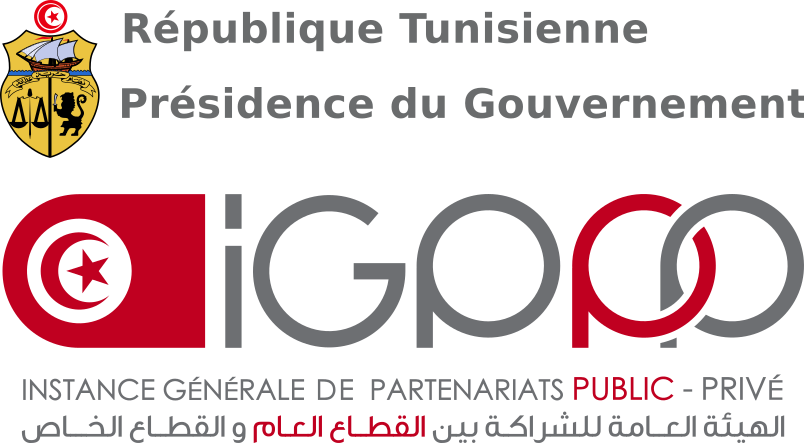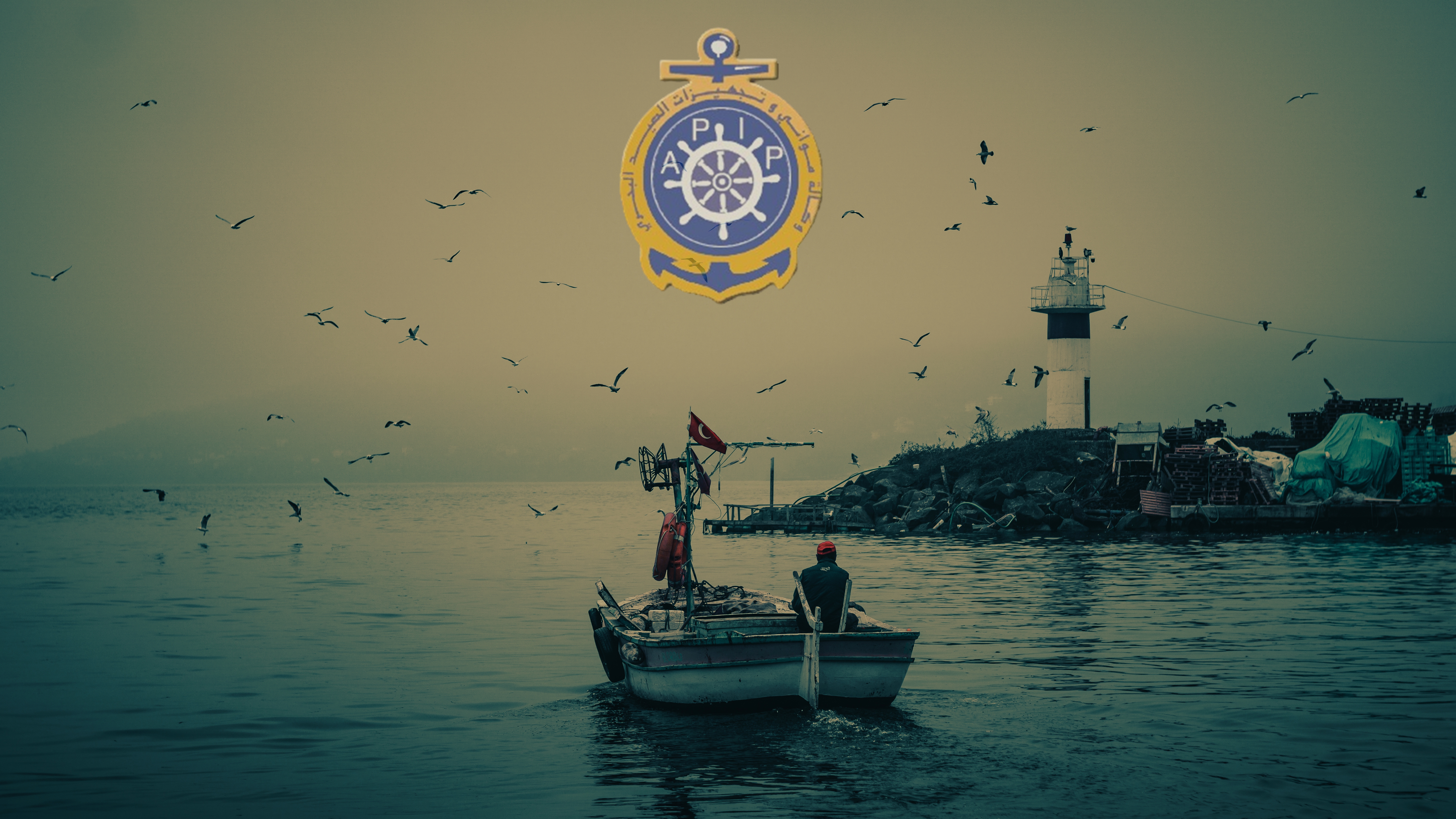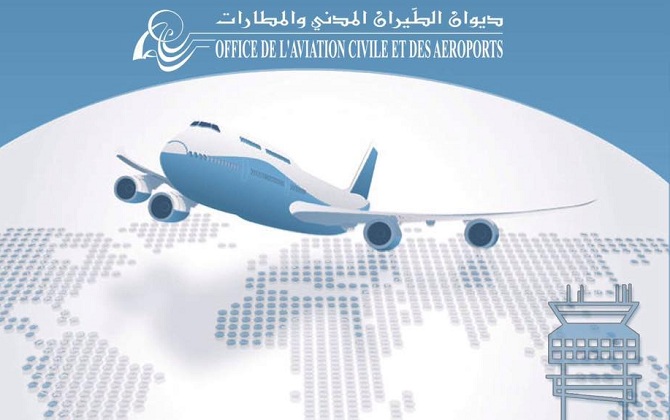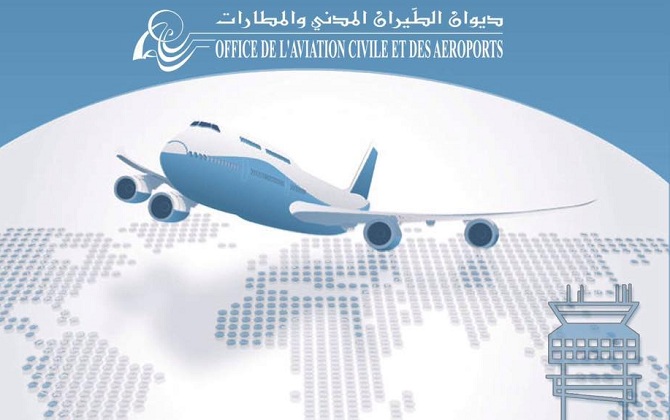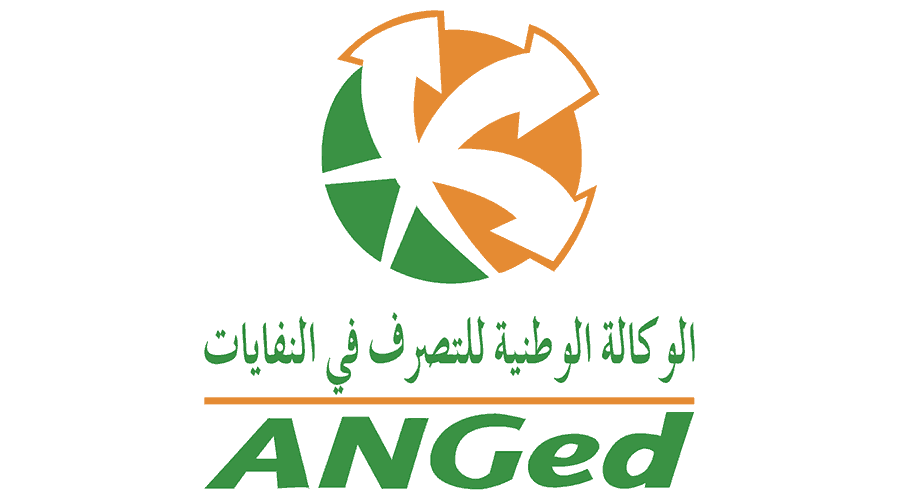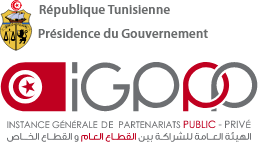
GLOBAL WATER INTELLIGENCE MAGAZINE
Date de publication de l'article:"Tunisia joins the charge for private finance in water with a brace of projects"
This year could mark the turning point for one of the few regional markets yet to embrace water PPPs. With the weak state of utility finances holding back development in the past, what are the country’s prospects for success this time?
Tunisia is set to dip a toe into the water PPP market this year after starting work on what it hopes will be the country’s first privately financed treatment projects.
This month, state-owned phosphate production company Groupe Chimique Tunisien (GCT) launched a request for qualifications for a 25,000m3/d reverse osmosis desalination plant for its Gabès facility in southern Tunisia.
The €70 million project will be pro- cured under a 20-year design-finance- build-operate-transfer (DFBOT) contract. The project is set to be the first PPP in the water sector, but will be followed in the autumn by the 60,000m3/d El Hessiane wastewater treatment plant being procured by wastewater utility Office National de l’Assainissement (ONAS).
Atef Majdoub, director of Tunisia’s PPP unit (IGPPP), told GWI that both projects had been learning experiences, adding: “We have spent a lot of time working with all stakeholders – GCT, ONAS, the Minis- try of Finance – to convince them to get on board. That’s why it’s taken so long.”
The Gabès project will be procured under the 2008 Concessions Law through a take-or-pay contract with GCT. El Hes- siane, on the other hand, will be procured under the more recent 2015 PPP law, with the developer earning revenues from fixed fees as well as performance-based fees linked to the plant’s maintenance and the quality of the treated effluent produced.
Majdoub told GWI that the adoption last April of Law No. 22/2019 on the mobi- lisation of investment and the improvement of the business climate (usually referred to as “Loi Transversale”), which modifies 24 laws including the PPP Law, had been a turning point. “The 2015 PPP Law had been ambiguous about the issue of O&M and we’d hit a rut,” he said. “That was recti- fied by the Loi Transversale, so we decided to work with the 2015 PPP Law. That’s why there is a slight delay with El Hessiane.”
The RFQ for Gabès states that pub- lic investment vehicle Caisse des Dépôts et des Consignations (CDC) has already announced its interest in financing up to 20% of the project. Majdoub said it was important to mention this at an early stage to give investors confidence. “It’s a way to express state support,” he added. He also said he hoped that with CDC participation, investors would not insist on a sovereign guarantee. “The state guarantee is limited […] Ideally, we won’t need to give [it],” he said.
Lotfi El Ajeri, a lawyer based in Tunis, told GWI that the issue of a guarantee will come down to negotiations. “ONAS and GCT are in critical financial situations, but they are public institutions so it’ll be something to negotiate with the Tunisian state,” he said. He added that CDC, which has access to a sizeable amount of capital, was recently reformed to be able to invest in PPP-type projects, and that it may also be in a position to offer guarantees.
Looking to the future, three more potential desalination BOTs are in the pipeline in Tunisia: two for bulk water producer and national utility Sonede (a 200,000m3/d plant in Mahdia and a 50,000m3/d facility in Zarzis) and a 200,000m3/d plant for GCT in Skhira to supply the mining complex of Gafsa.
This month, state-owned phosphate production company Groupe Chimique Tunisien (GCT) launched a request for qualifications for a 25,000m3/d reverse osmosis desalination plant for its Gabès facility in southern Tunisia.
The €70 million project will be pro- cured under a 20-year design-finance- build-operate-transfer (DFBOT) contract. The project is set to be the first PPP in the water sector, but will be followed in the autumn by the 60,000m3/d El Hessiane wastewater treatment plant being procured by wastewater utility Office National de l’Assainissement (ONAS).
Atef Majdoub, director of Tunisia’s PPP unit (IGPPP), told GWI that both projects had been learning experiences, adding: “We have spent a lot of time working with all stakeholders – GCT, ONAS, the Minis- try of Finance – to convince them to get on board. That’s why it’s taken so long.”
The Gabès project will be procured under the 2008 Concessions Law through a take-or-pay contract with GCT. El Hes- siane, on the other hand, will be procured under the more recent 2015 PPP law, with the developer earning revenues from fixed fees as well as performance-based fees linked to the plant’s maintenance and the quality of the treated effluent produced.
Majdoub told GWI that the adoption last April of Law No. 22/2019 on the mobi- lisation of investment and the improvement of the business climate (usually referred to as “Loi Transversale”), which modifies 24 laws including the PPP Law, had been a turning point. “The 2015 PPP Law had been ambiguous about the issue of O&M and we’d hit a rut,” he said. “That was recti- fied by the Loi Transversale, so we decided to work with the 2015 PPP Law. That’s why there is a slight delay with El Hessiane.”
The RFQ for Gabès states that pub- lic investment vehicle Caisse des Dépôts et des Consignations (CDC) has already announced its interest in financing up to 20% of the project. Majdoub said it was important to mention this at an early stage to give investors confidence. “It’s a way to express state support,” he added. He also said he hoped that with CDC participation, investors would not insist on a sovereign guarantee. “The state guarantee is limited […] Ideally, we won’t need to give [it],” he said.
Lotfi El Ajeri, a lawyer based in Tunis, told GWI that the issue of a guarantee will come down to negotiations. “ONAS and GCT are in critical financial situations, but they are public institutions so it’ll be something to negotiate with the Tunisian state,” he said. He added that CDC, which has access to a sizeable amount of capital, was recently reformed to be able to invest in PPP-type projects, and that it may also be in a position to offer guarantees.
Looking to the future, three more potential desalination BOTs are in the pipeline in Tunisia: two for bulk water producer and national utility Sonede (a 200,000m3/d plant in Mahdia and a 50,000m3/d facility in Zarzis) and a 200,000m3/d plant for GCT in Skhira to supply the mining complex of Gafsa.
Lotfi El Ajeri
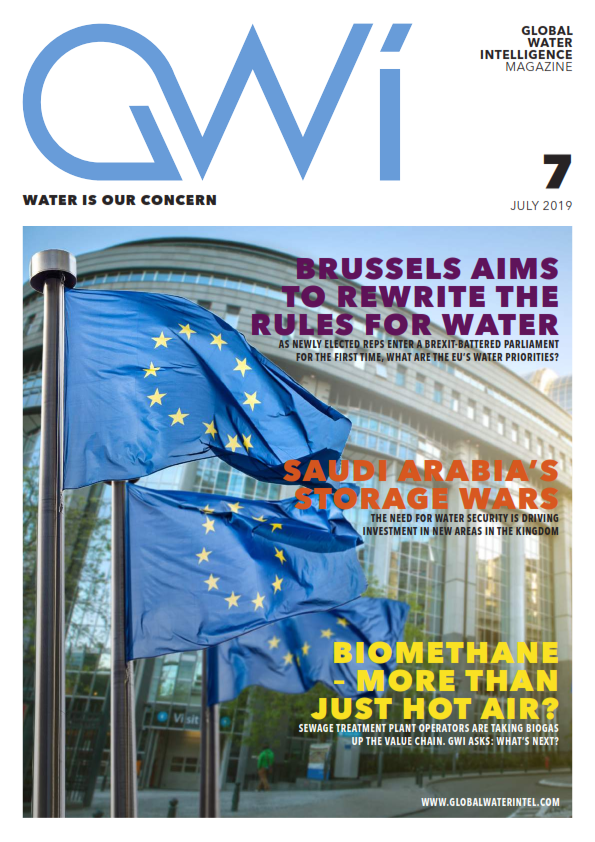
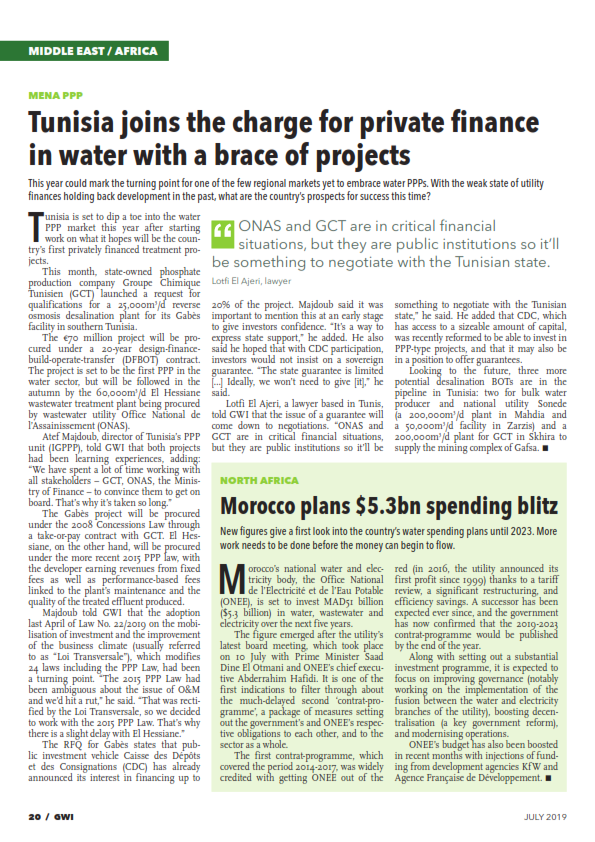
lire plus point presse
